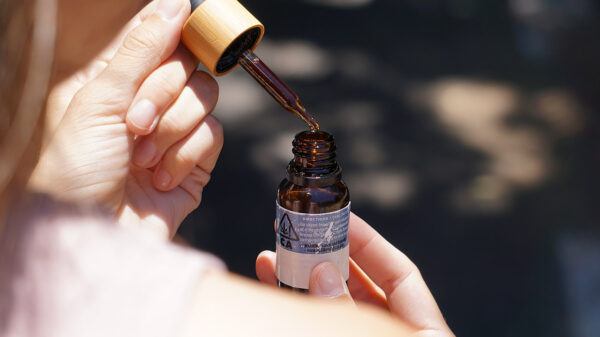A UBC Okanagan study is taking one of the first looks into how federal legalization in Canada has impacted Indigenous people.
The study — Cannabis Use among Indigenous Peoples of Turtle Island (CUTI) — is in its early stages, welcoming Indigenous participants across the country for insight into motives for cannabis use as well as cannabis as a harm-reduction tool.
Researchers will be assessing both the risk of problematic use and the potential benefits of therapeutic use, says Dr. Lindsay Farrell, an adjunct professor in UBCO’s psychology department.
This includes looking at cannabis use to treat symptoms of chronic pain, anxiety and sleep, “but also looking to investigate how cannabis use affects the use of other medications and drugs among Indigenous individuals, with an emphasis on a potential substitution [or] harm reduction effect, especially when it comes to opioids,” she tells Mugglehead by phone.
Read more: BC health officials lukewarm on cannabis as harm reduction
Read more: Landmark project looks at cannabis harm reduction in Indigenous communities
There’s a lot to learn that can support health and wellness in Indigenous communities, and inform public health programming, she says.
As the toxic drug supply has worsened and alcohol use has gone up across the general population during the pandemic, it’s important to understand the impacts of Covid-19 and patterns of substance use, she adds.
Previous research has shown potential for cannabis as a harm-reduction tool, such as pot use reducing prescription opioid use, but studies typically look at the general population as a whole.
Read more: Cannabis significantly reduces prescription opioid use: Tilray patient study
Read more: Daily cannabis users 26% more likely to stop injecting opioids: study
“We’re also looking to investigate Indigenous people’s individual perceptions of cannabis access, including federal cannabis legalization and Indigenous involvement in the cannabis industry,” Farrell says. “This is something that to date hasn’t really been looked at within cannabis research.”
The Indigenous-led team has partnered with Woodland Cree First Nation and Indigenous Bloom — an Indigenous cooperative of cannabis retail and cultivation — for further insight.
“Because of that we’re really able to put a different lens on our approaches to this work, and ensure we’re not only supporting self-determinism, and the health and wellness of Indigenous peoples, but I think, more importantly, we’re creating research and mentorship opportunities for self-identified Indigenous students at both the undergraduate and graduate level at UBC,” Farrell explains.
Those who identify as Indigenous — as in First Nations, Inuk or Métis — are 18 or older, consume cannabis and are interested in participating in the study, or want to learn more, can reach out to UBCO psychology professor and co-principal researcher investigator Zach Walsh, at walsh.lab@ubc.ca.
The study is expected to be completed in mid-2022.
Follow Kathryn Tindale on Twitter
kathryn@mugglehead.com














